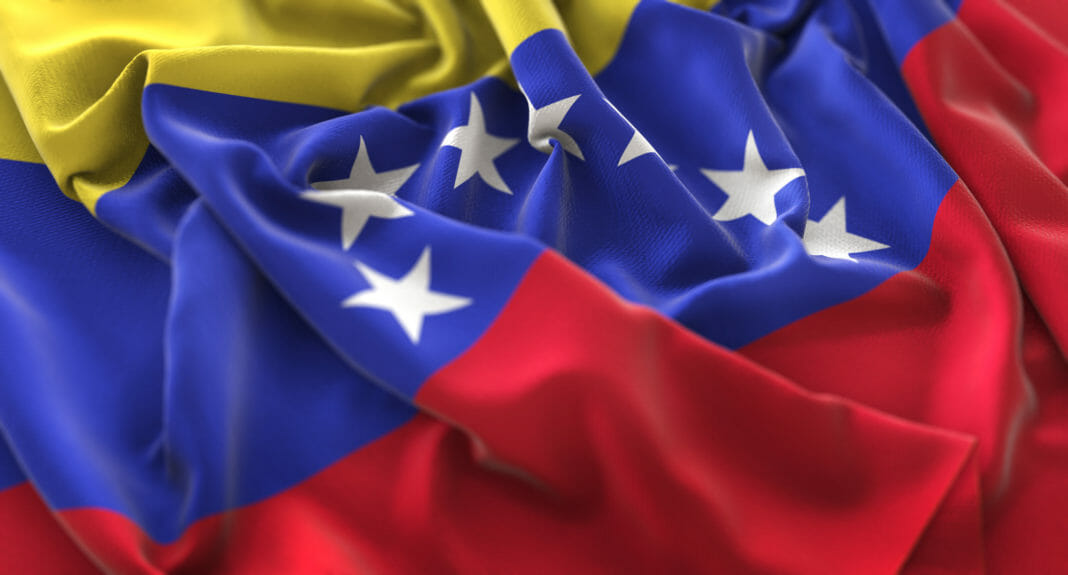The Central Bank of Venezuela showed an inflation of 2,959.8% in 2020. The argentine analyst called to acquire bitcoin after the possible issuance of 1.90 billion pesos.
The organizations that manage the economy in Latin American countries have recently reported some thoughts and data about inflation levels in the region. In Venezuela and Argentina, both countries are the ones that stand out with the most aggressive inflation in 2020. Both countries are adopting Bitcoin massively as an option to safeguard their finances.
The Central Bank of Venezuela (BCV) reported that Venezuela is going through hyperinflation that reached 2,959.8% in 2020. Statistics in the Caribbean nation remain unclear. The authorities do not publish such data. However, The opposite National Assembly created an economic analysis office that calculates inflation at 3,713%.
The BCV released a lot of exciting information. The report also shows that the price variation was 46.6% in January, a falling price compared to last December, which closed with 77.5%.
Hyperinflation and the Greater Use of Foreign Currency as a Means of Payment
The fact that the Venezuelan consulting firm Ecoanalítica also highlighted is that, amid hyperinflation and the greater use of foreign currency as a means of payment, Venezuelans are suffering due to a robust and prevalent shortage of funds in the local currency.
According to the firm, some people and companies keep making high expenses in bolivars and, in some cases, preferring to continue trading using the local currency. Hence, these users used with more frequency the informal exchange markets with hopes of finding said funds, which sadly does not happen.
Those companies consider that the Executive branch’s bad decision-making regarding the regulation of the supply of bolivars and the unofficial dollarization that prevails in the country will keep Venezuelans suffering the consequences of the inconsistency of the authorities.
Regarding Argentina, the country that maintains the second place as the highest inflation after Venezuela, there is a report from the National Institute of Statistics and Censuses (Indec) of Argentina that highlights the inflation in that country, which reached a peak of 38.5% during the last 12 months, while in January it was 4%.
For his part, the Minister of Economic, Martín Guzmán, in a recent statement to a local media outlet, clarified that inflation in the last quarter of 2020 and the first part of 2021 reflects factors that weren’t previously affecting the economy.
Guzman also explained how they are currently working to neutralize inflation and send it to a downward trend. Guzmán assured that the government plans to achieve an inflation rate of around 29% to recover Argentines’ purchasing power.
Capital markets specialist Ramiro Marra urged Argentines to prepare “for a historic devaluation of the peso.”
Marra claimed this event right after the Central Bank of Argentina’s (BCRA)authorization to issue up to ARS 1.90 trillion (about USD 12,000 million at market value) in 2021.
Latin-American Sees Bitcoin and Other Cryptocurrencies as a Refuge From Inflation
In Venezuela’s case, bitcoin (BTC) has been the currency in which many of the population had to protect itself from hyperinflation and the local currency’s devaluation.
The cryptocurrency has burst with strength onto the economic scene. It became an apparent reference to set the exchange rate, with the so-called “bitcoin dollar,” In fact, blockchain research and tracking firm Chainalysis ranked Venezuela among the countries with the highest adoption rate globally. The South American country ranked third in a September 2020 investigation, with countries like Ukraine and Russia.
By: Jenson Nuñez











